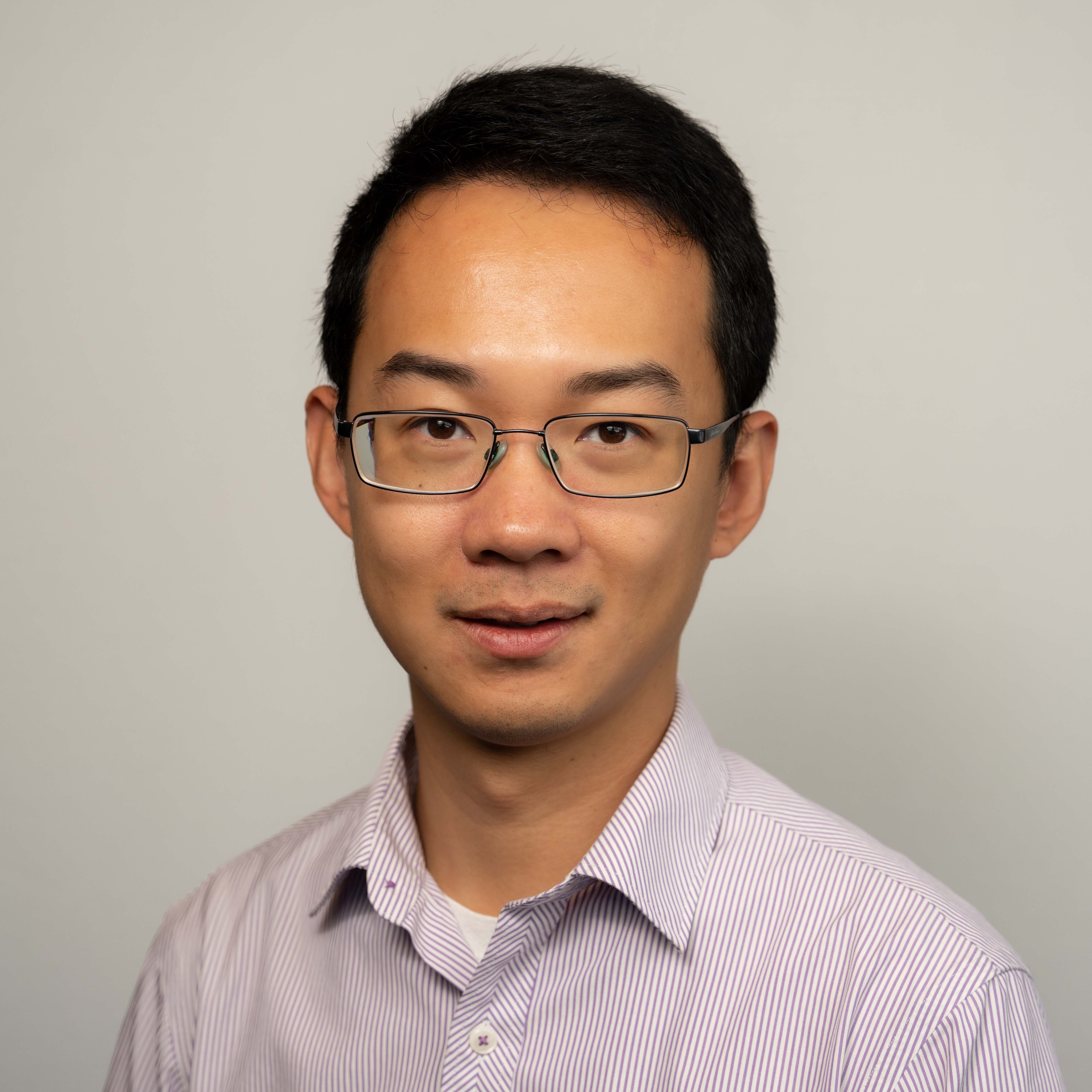The Pursuit for a Generalized Simulation Framework for Power System Transients and Stability
As a critical infrastructure, the electric energy system is undergoing an unprecedented transition towards sustainability. While the integration of renewables, responsive “smart” loads, and remote control techniques improves economics and sustainability, it also poses significant challenges to grid stability and dynamics. The traditional approach of using differential-algebraic equations to model power system components faces challenges due to the high complexity of renewable models and the heterogeneity of smart devices. To tackle this complexity, ANDES, a computer-assisted symbolic-numeric framework is presented. It enables rapid prototyping of complex grid models for large-scale studies and has been developed open-source for research and education. The second part of the talk will focus on generalizing the simulation models and solution methods for multi-timescale dynamic simulations, including electromagnetic transients and stability, for a general-purpose solver.
Date and Time
Location
Hosts
Registration
-
 Add Event to Calendar
Add Event to Calendar
Loading virtual attendance info...
Speakers
Hantao of North Carolina State University
The Pursuit for a Generalized Simulation Framework for Power System Transients and Stability
As a critical infrastructure, the electric energy system is undergoing an unprecedented transition towards sustainability. While the integration of renewables, responsive “smart” loads, and remote control techniques improves economics and sustainability, it also poses significant challenges to grid stability and dynamics. The traditional approach of using differential-algebraic equations to model power system components faces challenges due to the high complexity of renewable models and the heterogeneity of smart devices. To tackle this complexity, ANDES, a computer-assisted symbolic-numeric framework is presented. It enables rapid prototyping of complex grid models for large-scale studies and has been developed open-source for research and education. The second part of the talk will focus on generalizing the simulation models and solution methods for multi-timescale dynamic simulations, including electromagnetic transients and stability, for a general-purpose solver.
Biography:
Hantao Cui is an Associate Professor in the Department of Electrical and Computer Engineering at North Carolina State University and the FREEDM Systems Center. From 2021 to 2024, he was an Assistant Professor in ECE at Oklahoma State University. He earned his Ph.D. in 2018 from the Department of EECS at the University of Tennessee, Knoxville, where he also worked at CURENT. Cui's research interests encompass the interdisciplinary fields of computer technology and power systems. He was the Chief Technologist of the CURENT Large Scale Testbed, a winner of the 2020 R&D 100 Awards. He is the Vice Chair of the IEEE PES Computer and Analytical Methods Subcommittee. Cui's research is supported by the NSF, DOE, and DOD. He is a recipient of the 2024 NSF CAREER Award.
Email:


